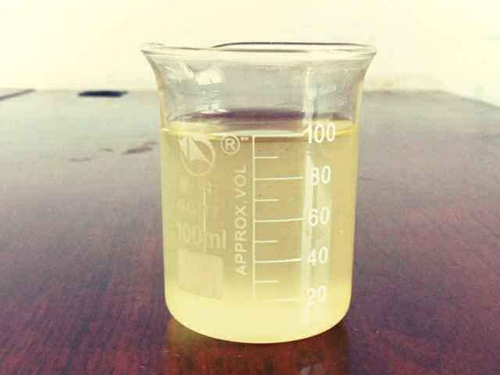Water Flocculation Chemicals - Enhance Water Purification Efficiency
Water Flocculation Chemicals An Overview
Water treatment is essential for providing safe and clean drinking water, and one of the critical processes involved is flocculation. Flocculation is the process of aggregating fine particles into larger clusters, or flocs, that can be easily removed from the water. This process is facilitated by the addition of flocculation chemicals, which play a vital role in enhancing water quality in various applications, including municipal water supply, wastewater treatment, and industrial processes.
Water Flocculation Chemicals An Overview
On the other hand, flocculants are added to improve the settling characteristics of the formed flocs. They are typically high-molecular-weight polymers that help bridge the space between particles, facilitating their agglomeration. Common flocculants include polyacrylamides and natural polymers like starch and guar gum. The use of flocculants can significantly enhance the efficiency of sedimentation processes, resulting in clearer water and reduced chemical sludge.
water flocculation chemicals

The selection of appropriate flocculation chemicals depends on various factors, including the characteristics of the water being treated, the type of impurities present, and the desired quality of the final effluent. For instance, surface water sources may require different coagulants compared to groundwater due to variations in turbidity, color, and organic matter content. Additionally, the dosage of these chemicals is critical; too little may be ineffective, while too much can lead to secondary pollution.
One of the significant advantages of using flocculation chemicals is their ability to improve the overall efficiency of water treatment systems. By promoting the rapid removal of suspended solids and pathogens, these chemicals help meet regulatory standards for water quality. Moreover, they can reduce the operational costs associated with the treatment process by minimizing the need for extensive filtration systems.
However, the use of flocculation chemicals is not without challenges. Environmental concerns related to residual chemicals in treated water and the generation of sludge must be addressed. Therefore, researchers are continuously exploring new and innovative flocculation agents, including biodegradable and non-toxic alternatives, to improve sustainability in water treatment practices.
In conclusion, water flocculation chemicals are essential tools in the water treatment industry. They facilitate the effective removal of impurities, resulting in cleaner and safer water for consumption and use in various applications. The ongoing research and development in this field will likely lead to advancements that enhance the efficacy and safety of these chemicals, contributing to improved public health and environmental protection.
-
Water Treatment with Flocculant Water TreatmentNewsJun.12,2025
-
Polymaleic AnhydrideNewsJun.12,2025
-
Polyaspartic AcidNewsJun.12,2025
-
Enhance Industrial Processes with IsothiazolinonesNewsJun.12,2025
-
Enhance Industrial Processes with PBTCA SolutionsNewsJun.12,2025
-
Dodecyldimethylbenzylammonium Chloride SolutionsNewsJun.12,2025





